
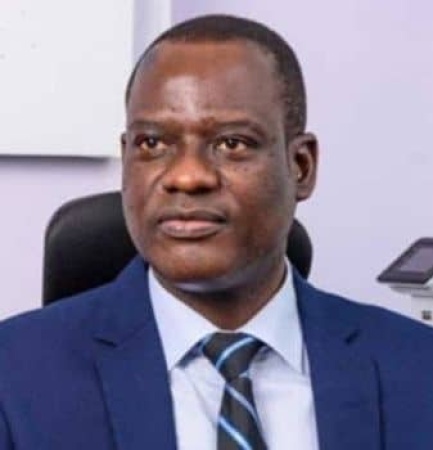
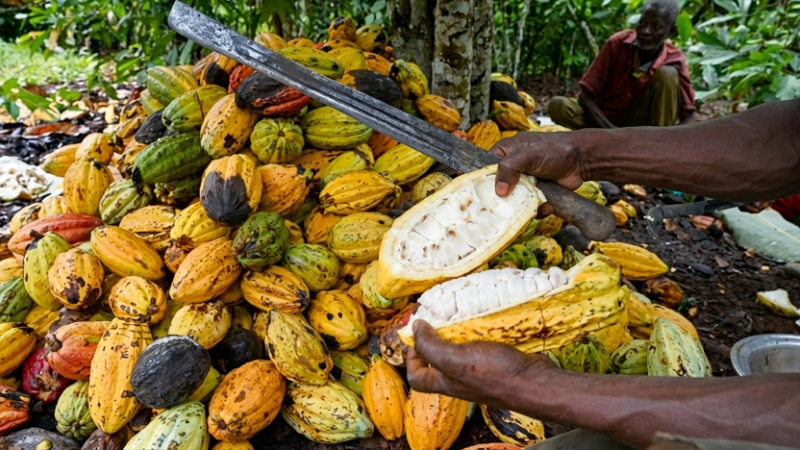
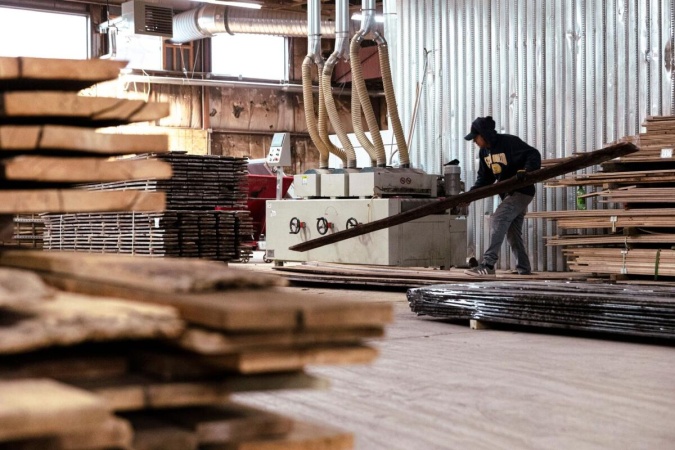
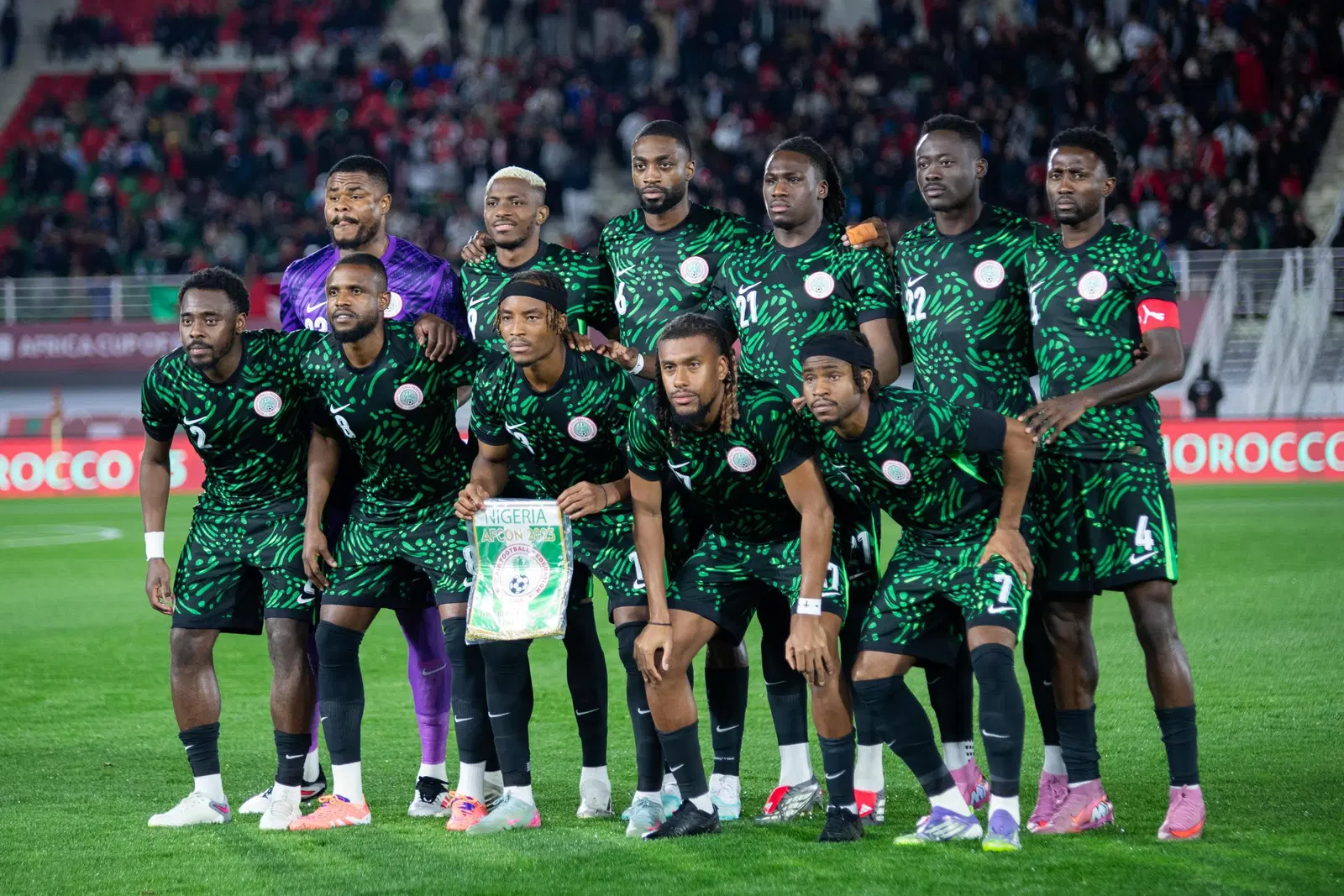
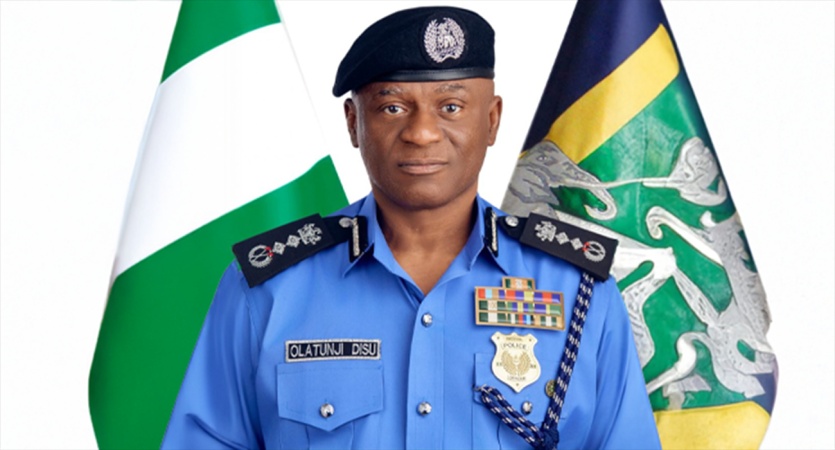
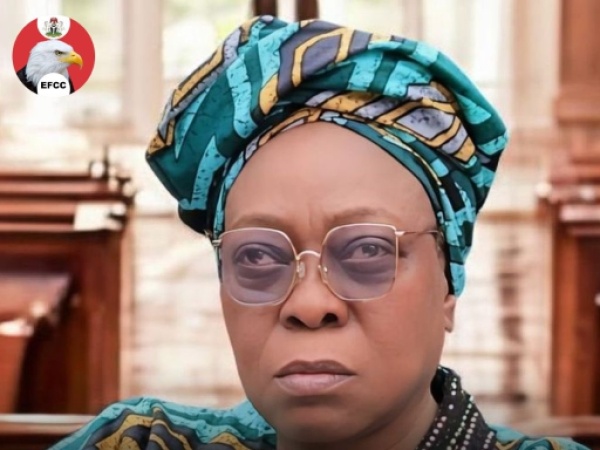


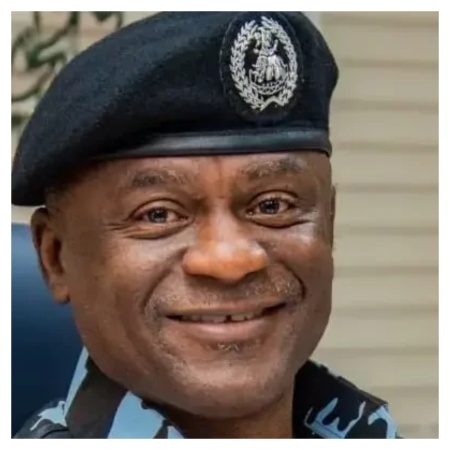
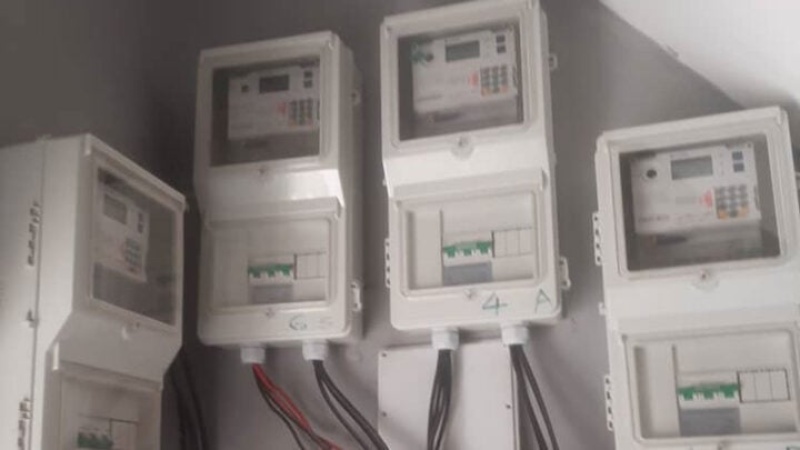
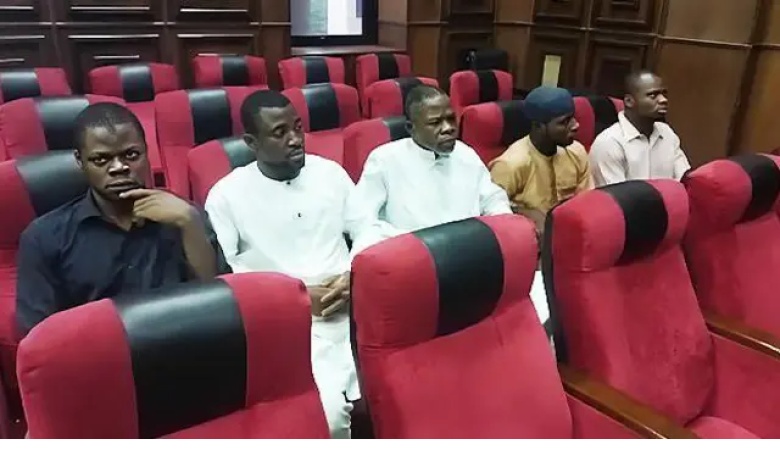
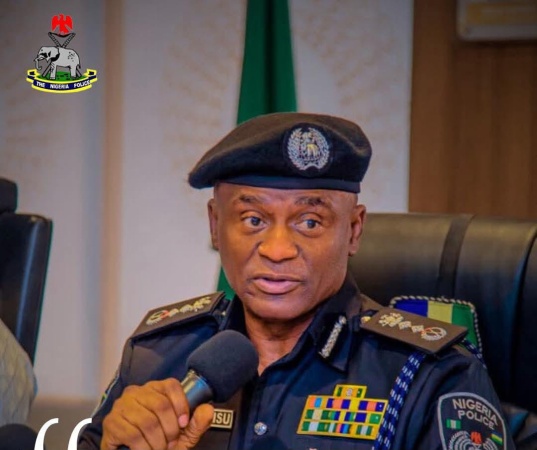

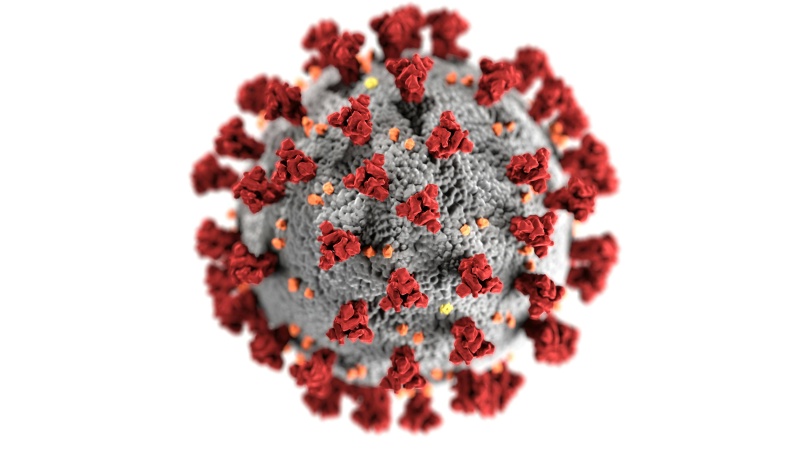
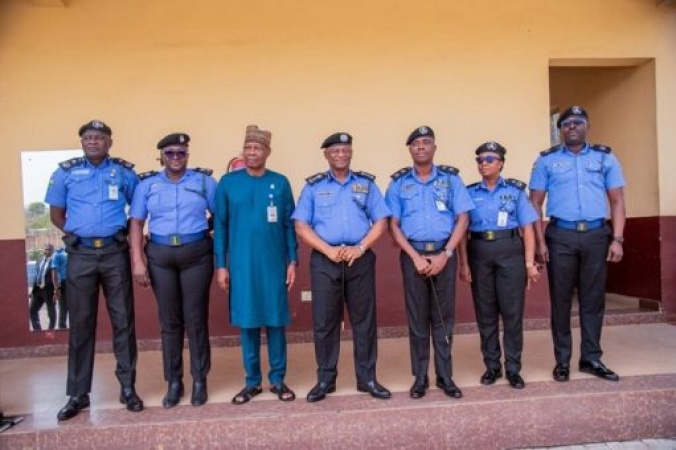
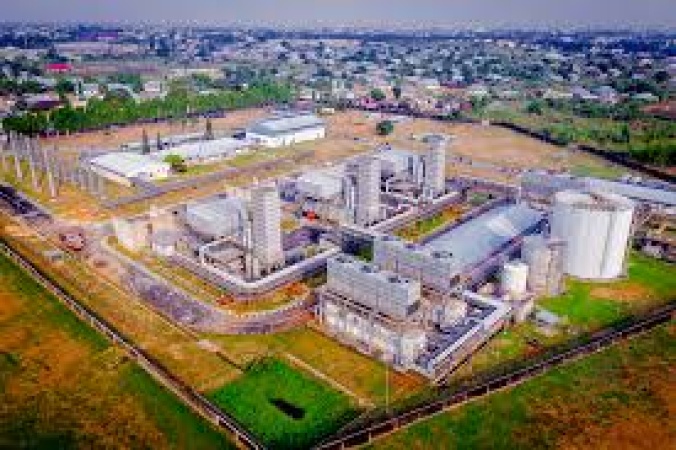
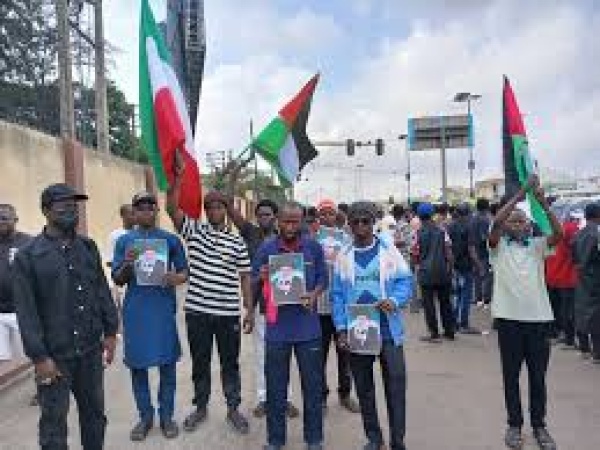
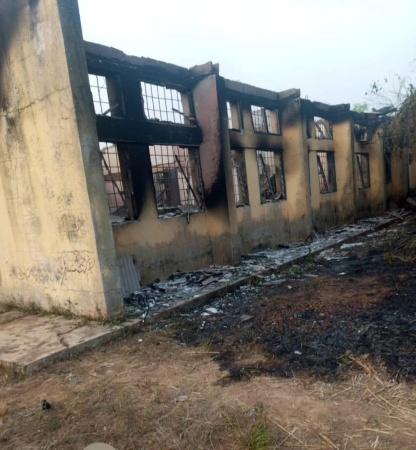
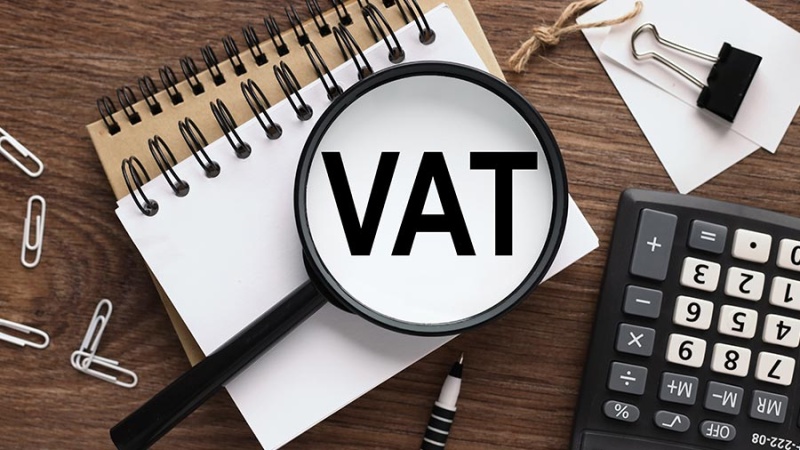
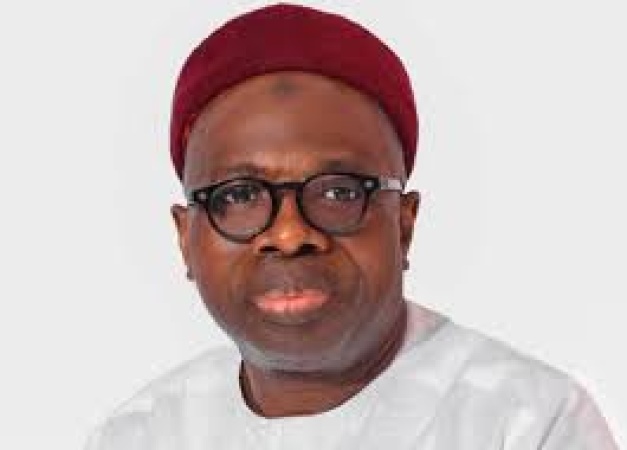
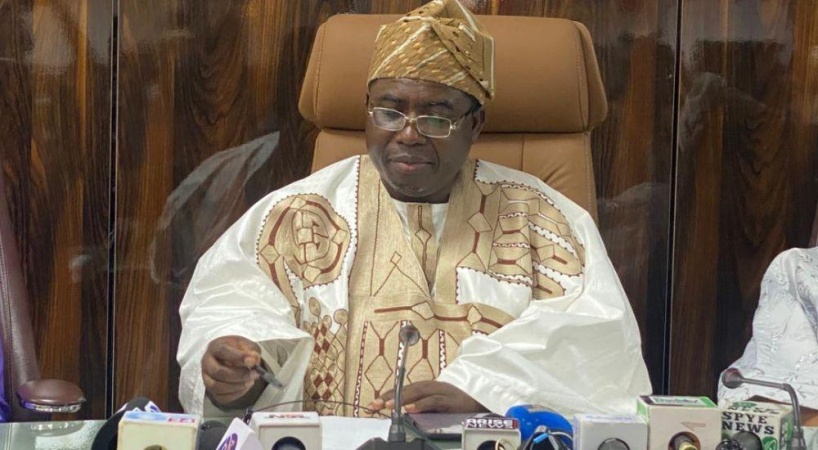
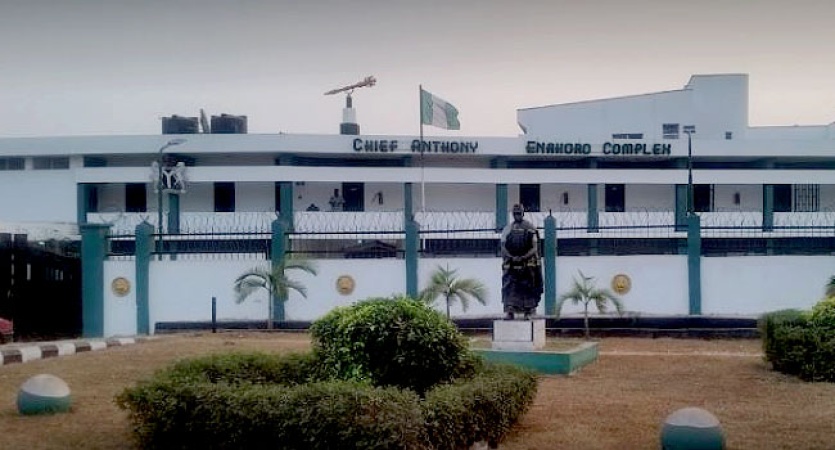
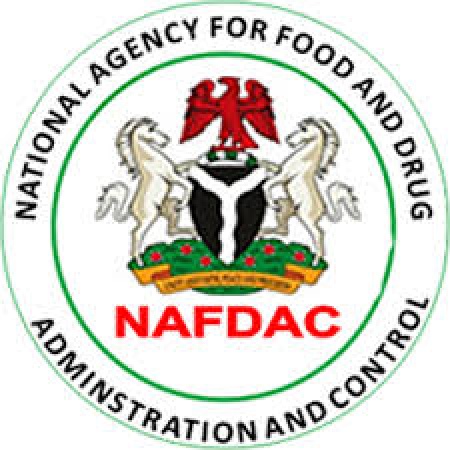
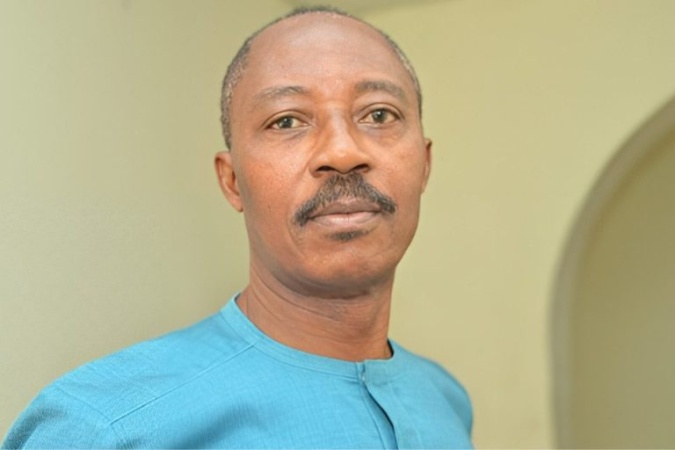
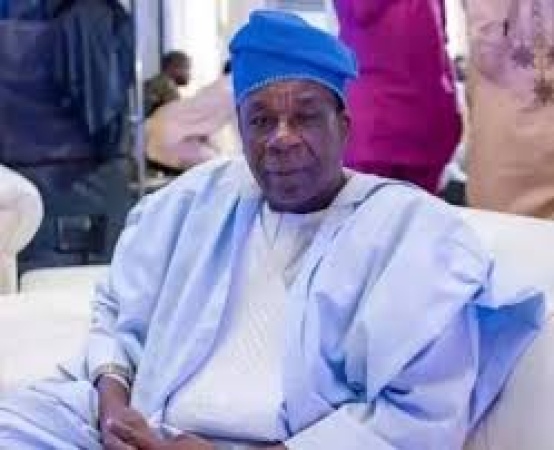
Loading banners


NEWS EXPRESS is Nigeria’s leading online newspaper. Published by Africa’s international award-winning journalist, Mr. Isaac Umunna, NEWS EXPRESS is Nigeria’s first truly professional online daily newspaper. It is published from Lagos, Nigeria’s economic and media hub, and has a provision for occasional special print editions. Thanks to our vast network of sources and dedicated team of professional journalists and contributors spread across Nigeria and overseas, NEWS EXPRESS has become synonymous with newsbreaks and exclusive stories from around the world.

Sim cards
Telecom operators are awaiting the directive of the Nigerian Communications Commission (NCC) to block all unlinked SIMs after the deadline for linking SIMs to National Identity Numbers (NINs) ended on Saturday.
The operators, under the aegis of the Association of Licensed Telecoms Operators of Nigeria (ALTON), disclosed this to The Guardian yesterday.
The NCC, In a statement on August 28, set the final deadline for NIN-SIM linkage to September 14, 2024, and emphasised that effective September 15, 2024, it expected that no SIM operating in Nigeria should be without a valid NIN.
NCC claimed this was significant progress in the Federal Government?s 2020 policy to link all SIMs to NINs. It added that as of August 28, over 153 million SIMs had been successfully linked to an NIN, reflecting a compliance rate of 96 per cent, a substantial increase from 69.7 per cent in January 2024.
The Guardian reported on August 29 that, given the directive, over 50 million telephone lines may be cut off from the network due to incomplete biometric data. As of the first quarter of 2024, 219 million were active, while 108 million NINs had been issued.
Speaking with The Guardian on Saturday, the Chairman of ALTON, Gbenga Adebayo, said he could not give a specific number of affected lines because people are currently in outlets trying to update their SIMs and NIN.
Adebayo, an engineer, said telecom operators will comply with the directive, ?and so, all telephone lines that don?t have NIN linkage will go out of service today (yesterday).?
He said, ?MNOs have tried, and so has the regulator. There is no need to seek further extension. We are going to comply with the directive and not seek more extensions because we believe that everybody in the ecosystem has done more than enough in terms of sensitisation, access to enrolment centres, integration and all others. The time has come when everybody will say it is okay. We have tried.?
For those who have yet to link due to server downtime on the National Identity Management Commission (NIMC) server, Adebayo said telecom operators cannot take responsibility for the downtime while trying to access the NIMC server.
He said the problem Is not from the telecom operators? side. ?This type of experience has to be brought to the leadership of NIMC. So, if they are saying the server is working, but people are having difficulty accessing it, they have to explain to the subscriber why such a development. As an industry, we will not take responsibility for what happens on their site.?
While SIM registration should be continuous even after the linkage deadline, Adebayo noted that the current NIN-SIM linkage is an after-the-fact exercise, saying that ideally, people should have all this information provided even before SIM service.
?The process will continue. This means you must provide a verified NIN before acquiring a number. So, the NIN would be the first step, unlike the current after-the-fact exercise. What we are dealing with now is historical. Many people got SIMs without NIN. NIN was an independent exercise. It was quite independent of the telecom operators before the government said there must be a linkage.
?It means that when getting a SIM or telephone service, there must be NIN, which will continue; even when a teen attains the age of getting a SIM, he or she must provide NIN at the enrolment centre.
?I say it again: we are going to block lines without SIM-NIN, but we are not going to close access to those who still want to link their NIN to SIM. Those, whose services will be withdrawn, when they visit enrolment centres, after disconnection, it will be restored when a valid NIN is presented and verified,? he explained.
On Nigeria?s struggle to have a harmonised database for citizens, Adebayo said that members are just network operators and the first to have records of subscribers, stressing that it was because the NIMC did not have enough uptake that telcos got involved in the entire process.
According to him, if NIMC had enough uptakes right from the beginning, telcos should key into the NIMC database. ?But because that was lacking, telcos were dragged into the ecosystem, and we have been together since 2020. Issues of BVN are commercial records, but the law says that NIMC is the identity management commission. And by law, the Commission is the only agent required to hold customers? information.
?The data of citizens are to be held at the NIMC database, not by the bank, immigration, INEC and even telecoms operators. So, the fact remains that we all (banks, immigration, INEC, telcos and others) must continue to farm into NIMC?s database. This will ensure that all the independent records must be hamonised by NIMC because, by law, only the commission is allowed to hold and manage citizens? data. The time has come when we need to embrace the hamonisation and have one identity for Nigerians.?
He said It won?t be the bank because not all Nigerians have bank accounts, nor will it be the network operators. So, it will be NIMC because it is the only agency by law permitted to have Nigerians? data.
Adebayo said data from SIMs, BVNs, PVCs, and driver?s licenses are supposed to be secondary sources of information dependent on NIMC?s database, ?and eventually, it will happen. We all must own it. It is a journey that without NIN, you can own a house, and without NIN, you can do any bank transactions, among other things.
He said harmonisation is vital, especially for our digital economy to thrive. There is a need for reliable and verifiable information. ?The bedrock of any digital economy is a reliable national database, and this is an asset that we all must develop. So, it goes beyond numbers being disconnected, subscribers being yanked off, and others. The problems of not having NIN are much more than telephone service.?
For his part, the President of the National Association of Telecoms Subscribers of Nigeria (NATCOMs), Chief Deolu Ogunbanjo, appealed to the Federal Government for a week?s extension until September 30.
He stressed that for about seven days within the deadline period, operators, including MTN, Airtel could not upload to the NIMC server. ?That delayed some people. I want to appreciate the operators. They really tried in the last few days because of downtime. The loss of one week should be given to September 22. I must say I saw improvement, hopefully, because NIMC upgraded its facilities.?
For his part, Sina Bilesanmi, President of the Association of Telephones, Cable TV, and Internet Subscribers of Nigeria (ATCIS), said not all subscribers are fully registered.
Bilesanmi expressed worries that some subscribers are still not captured despite ATCIS?s several extensions and advocacy. (The Guardian)